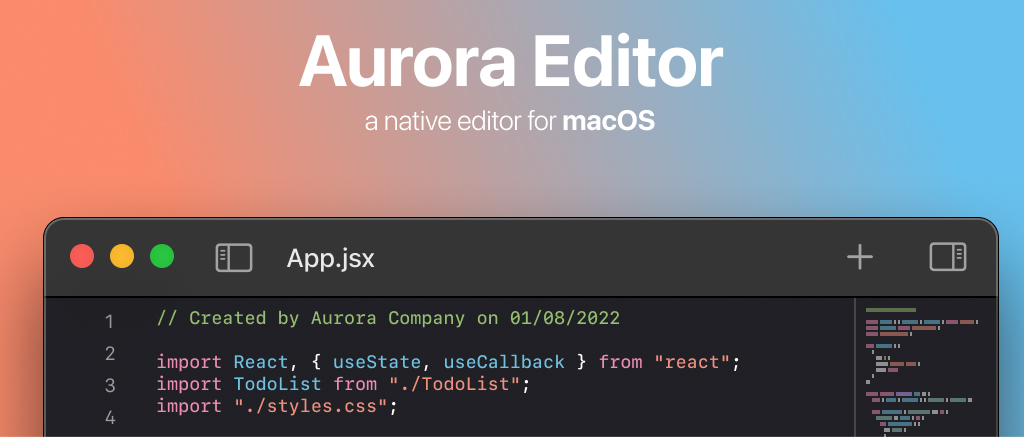BasicCompiler
A compiler with very basic capabilities written in Swift. This project is not intended for real-world use; it's implemented just for fun.
The desired language syntax is described in the following EBNF:
prg = prgHeader varDefs "begin" statementSeq "end" "."
prgHeader = "program" identifier ";"
varDefs = [ "var" varSeq { varSeq } ]
varSeq = identifier { "," identifier } : type ";"
type = "integer" | "string"
statementSeq = { ( simpleAssignment | complexAssignment) ";" }
simpleAssignment = identifier ":=" operand ";"
complexAssignment = identifier ":=" operand mathOP operand ";"
operand = identifier | number
mathOp = "+" | "-"
Prerequisites
- Install the lates version of Swift. Please follow the instructions.
- Install the lates version of Make. Please follow the instructions
- Install the lates version of Ubuntu. Please follow the instructions
Instructions
- Download or clone the project.
- Go to the root folder and run
cd BasicCompiler. - Run
make allto build the package. - Run
make testto test the package.
Build-time error handling
BasicCompiler is capable of handling all the errors mentioned below by providing user-readable messages:
-
Parser errors
- When the lexeme exceeds the predefined max lexeme length, with additional info (
line, offset) - When a string literal is not closed, with additional info (
line, offset) - When an unsupported symbol appears, with additional info (
line, offset, unupported_symbol) - When an invalid lexeme is detected, with additional info (
line, offset, invalid_lexeme)
- When the lexeme exceeds the predefined max lexeme length, with additional info (
-
Compiler errors
- When expected to find the end of the program but found another token instead, with additional info (
unexpected_token) - When expected to find a token but found the end of the program
- When an unexpected (wrong) token has been found, with additional info (
unexpected_token) - When a variable is declared more than once, with additional info (
variable_name) - When trying to use a variable without declaring it, with additional info (
variable_name) - When trying to assign a variable with a wrong type, with additional info (
expected_type, given_type) - When trying to use an unsupported type, with additional info (
unsupported_type) - When trying to use an uninitialized variable, with additional info (
variable_name)
- When expected to find the end of the program but found another token instead, with additional info (
-
File errors
- When the source file is not provided
- When the provided source file doesn't exist
- When the provided source file can't be read
- When the output file can't be written
-
Other errors
- All other errors, with auto-generated messages
Optimizations
If both operands of the complexAssignment are literals, the value will be calculated at build-time, and the result will be assigned as simpleAssignment.
Disclaimer
Alternatively, generate the assembly file swift run BasicCompiler $(INPUT_FILE) then compile and run it using an online IDE to check the results.



